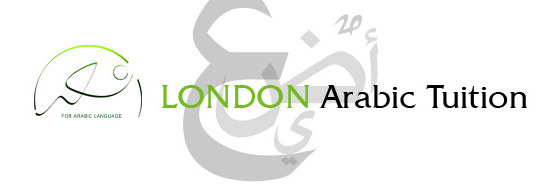There are more than 375 million native Arabic speakers across the globe and it is the official language of 20 countries. These speakers are primarily concentrated in the Middle East, but there are minority clusters of native speakers across the globe. It is also an authorised language of the Organization of Islamic Conference, United Nations, Arab League and African Union.
In its simplest form, a journalist reports the news. As his or her career advances and opportunities to work abroad present themselves, learning and gaining proficiency in a new language becomes an incredible asset. Languages such as French and Spanish will enable you to work and travel in dozens of countries worldwide, but they are also widely spoken among your counterparts.
Other languages like the ones in China are in high demand, but necessitate you to spend your entire career focusing on a couple of countries. Alternatively, few Westerners ever embark on an Arabic learning expedition. However, in the wake of growing importance of the Middle East in global affairs, there is an extraordinary shortage of journalists in the West who are abreast in Arabic culture and its native mode of conversation.
Anyone remotely associated with journalism would testify that at its core lies the interview. A majority of newsmen and reporters get by with interpreters, but frankly who wants to talk through a third person? Knowing the language will spawn trust between the journalists and their interviewees, pacify the conversation, and demonstrate that the journalist has a command of and respect for his or her interviewee’s culture.
Proficiency in a foreign language enables journalists to have a broader picture of the issue they are investigating. Also, it helps to grasp almost any story quickly. Even monolingual nations have communities where individuals speak languages besides the official state language, often exclusively. Therefore, being acquainted with these languages can help a journalist gain insights he or she otherwise may not glean, like first-hand accounts or personal opinions.
However, some countries look upon foreign reporters with more scepticism than others. For instance, in exclusively Arabic speaking countries, foreign journalists may have a hard time because of the language barrier. Nonetheless, knowing functional Arabic language is the best way to make a local open up to you. If you aspire to build a journalism career in the Middle East, then following are four common ways to get you started:
SURF THE WEB FOR ARABIC RESOURCES
Given that you are reading this blog is a testament to the notion that you are already making use of the most common way to learn any language – the internet. Make it a point to visit the leading Arabic language blogs regularly.
Notwithstanding above, professional command of any language comes from proper teaching aligned with the systematic structure of lessons. For example, UK-based readers can benefit from the fantastic online Arabic coaching available here at http://www.londonarabictuition.com/.
READ ARABIC NEWSPAPERS
Almost everyone is fluent in one language and the literate ones sustain their fluency by reading continuously. Admittedly, some articles would be hard for a beginner, but a majority of the shorter news items are convenient for new learners.
PRACTICE YOUR ARABIC AND SOCIALISE WITH ARABIC SPEAKERS
A smashing way to hone your Arabic is to talk to its native speakers and expose yourself to everything Arabic. In addition, join pen-pal websites, watch Arab television programs, listen to Arab music and news broadcasts. Remember, knowing even a handful of words can open doors.
Focus on forming basic sentences and most widely used phrases such as how are you, how old are you, my name is, etc.
LEARN TO USE AN ARABIC DICTIONARY
Words in Arabic dictionaries are typically listed below their three-letter roots. Therefore, searching for the word istiqbaal (which means reception) would take you to the index “q” as the root letters are q-b-l.
Admittedly, getting used to the format would take its time, but it is not that difficult as additions to the roots follow a set pattern. For example, something similar happens in English as well: “unaccustomed,” in actuality is “un-a-custom-ed.”
Learning Arabic can greatly help further your career as a journalist. Put some of the above tips into practice and do all you can to elevate your career!
Check out our online Arabic course



Leave a Reply
You must be logged in to post a comment.